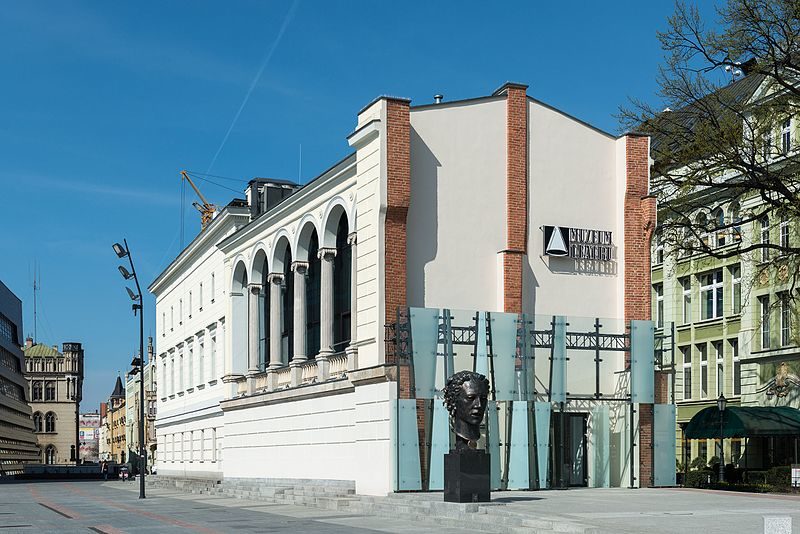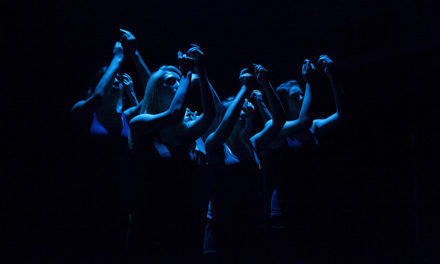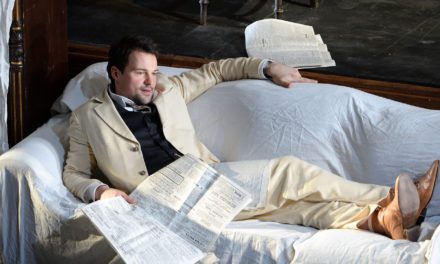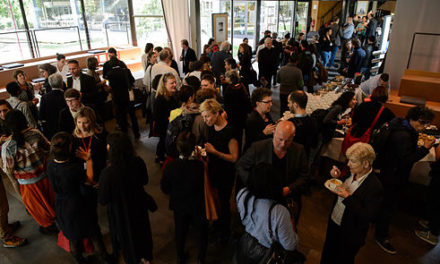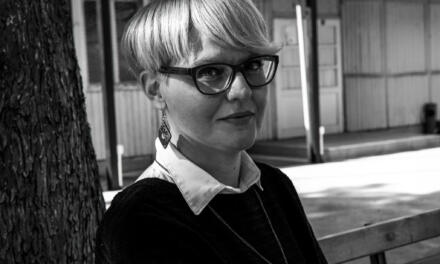Studying Theatre in Wrocław
The Theatre Studies specialization with the Polish Philology Faculty at Wrocław University clearly stands out among the various performing arts studies programs led at Polish universities. The core of our strength lies in Wrocław’s unique atmosphere: students have a chance to gain experience in a city of famous theatre artists—Jerzy Grotowski, Henryk Tomaszewski, Waldemar Fydrych and his Orange Alternative, and many other creators of alternative art.
The exceptional team of lecturers is a great advantage of our specialization. Our team includes not only theatre theorists and historians but also practitioners: producers, literary managers, directors of alternative theatre, and composers of modern music.
Programme of Studies
The programme includes three years of first-degree studies. The first semester includes an open lecture presenting a broad perspective on contemporary theatre. Lectures are given by Piotr Rudzki, an experienced lecturer at Wrocław University, a former literary manager of Polish Theatre in Wrocław, and a current collaborator of Jewish Theatre in Warsaw. At the beginning, our students are not forced to declare a specialization. This is the time for collecting experiences, changing minds, conducting research—and then making a decision and being sure that theatre studies is the proper path.
During the next five semesters, our students have a chance to master historical knowledge of European theatre. A course called Theatrical Conventions lasts two semesters and has two parts: the first includes knowledge from Antiquity to the beginning of the 20th century, and the second, from the Great Theatre Reform to the present day.
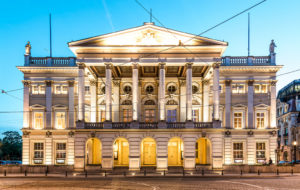
Wrocław Opera, Photo by Maciek Lulko
The course contains a couple of lectures about widely understood music theatre: from opera performances to musicals. Those subjects are led by Rafał Augustyn—a professor of the Academy of Music in Katowice and a well-known Polish composer of modern music.
Global and Local Theatre
Our faculty is focused not only on European theatre but also on Asian theatre. A yearly course called Non-European Theatrical Conventions presents the various roots of theatre, opens different perspectives on performative arts around the world, and renews common European understandings of theatre concepts. Seminars are leaded by Piotr Rudzki, who broadened his experience and knowledge during a five-year residence at New Delhi University in India.
Our faculty’s programme has a worldwide gaze and also a local one. The seminar Theatrical Life in Lower Silesia, given by our Subject Lead and a great expert in alternative theatre, professor Magdalena Gołaczyńska, helps students understand how much theatre means to local communities.
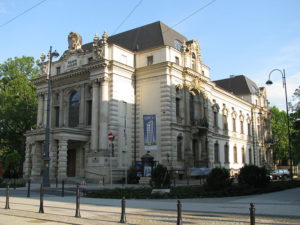
Wrocław Puppetry Theatre, Photo by Maja Orzechowska
This is not the full offer of our specialization; we offer a variety of courses linking theatrical knowledge with anthropology and cultural studies, a theoretical view with practical abilities, critical thinking, talking and writing about theatre.
The whole specialization ends with professional practice in a cultural institution chosen by the student just to transform acquired knowledge into professional skills. Our goal is to form open-minded, sensible and well-educated graduates who will create a future cultural life. What is more, our graduates have the opportunity to continue their studies in a graduate degree, this time focused on film art.
This post was written by the author in their personal capacity.The opinions expressed in this article are the author’s own and do not reflect the view of The Theatre Times, their staff or collaborators.
This post was written by Justyna Kowal.
The views expressed here belong to the author and do not necessarily reflect our views and opinions.

